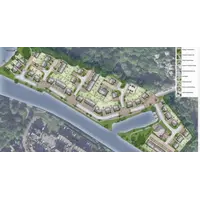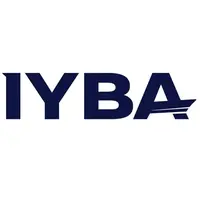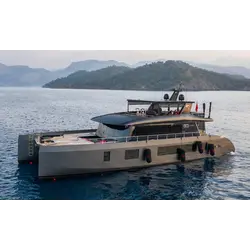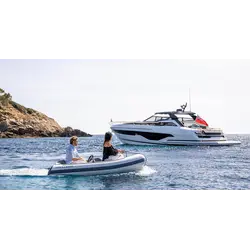The National Bargee Travellers Association (NBTA) has sounded the alarm over potential new laws that could spell the end of individuals living on English and Welsh canals.
The concern arises as the Canal & River Trust (CRT) initiates a review of boat licensing, a move that may have significant implications for the itinerant boating community.
CRT is advocating for legislative changes to tackle what it perceives as the 'issue' of boat dwellers without designated moorings.
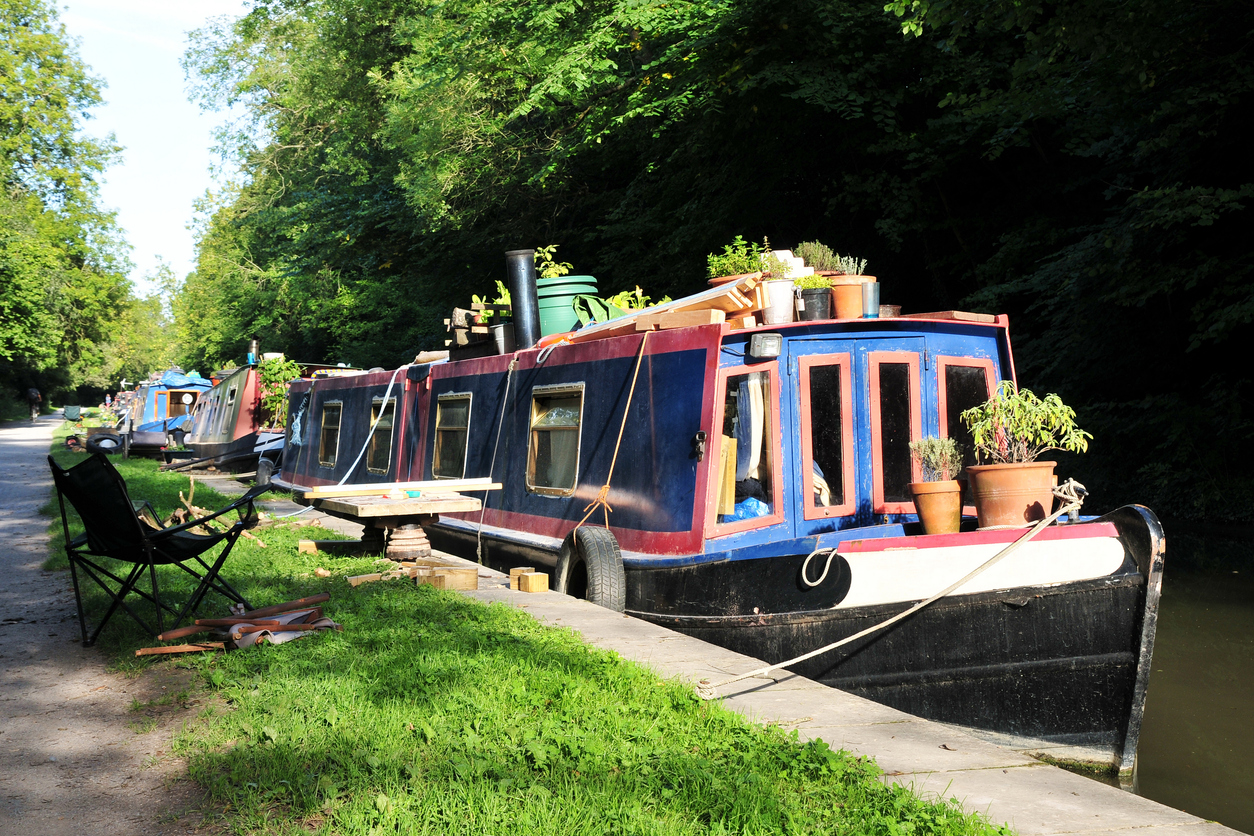
According to CRT, this particular community has presented various challenges for the Trust, encompassing operational, financial, and reputational aspects.
An independent commission, appointed by CRT, is tasked with examining a future legislative framework for licensing boats on the waterways.
Proposed Legislative Changes
The commission's mandate includes the assessment of alternative models for regulating the use of the canal network, taking into account the evolving nature of canal usage over the past three decades and potential future trends.
A spokesperson for NBTA expressed concerns that if CRT's lobbying efforts for legislative reform are successful, numerous boaters – among them pensioners, families, and individuals with disabilities – could face homelessness, disconnection from their community, and separation from the waterways they have called home for extended periods.
On the other hand, CRT argues that a substantial and increasing number of boats categorized as continuous cruisers do not genuinely navigate throughout their licensed period. Instead, these boats tend to remain stationary in a particular area of the network for extended durations to live and work without securing a home mooring.
CRT has also highlighted the rise in the number of boats on the network over the past 30 years. In contrast, NBTA contends that the total count of continuous cruisers is less than 7000 boats across the expansive 2000-mile CRT network.



